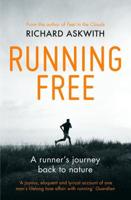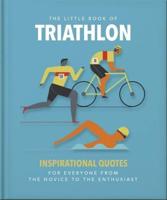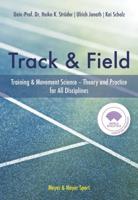Publisher's Synopsis
Vegetables are parts of plants that are consumed by humans or other animals as food. The original meaning is still commonly used and is applied to plants collectively to refer to all edible plant matter, including the flowers, fruits, stems, leaves, roots, and seeds. An alternate definition of the term is applied somewhat arbitrarily, often by culinary and cultural tradition. It may exclude foods derived from some plants that are fruits, flowers, nuts, and cereal grains, but include savoury fruits such as tomatoes and courgettes, flowers such as broccoli, and seeds such as pulses.
These five dietary tips will help attain peak athletic performance:
Eat plenty of fruits and vegetablesAthletes need at least five servings of fruits and vegetables daily in a variety of colors. One serving of fruits and vegetables is about the size of a baseball (approximately 1 cup).
Avoid processed foods
Although limited amounts of processed foods make life enjoyable, for the most part, whole foods are preferable.
Increased protein intake
For some time, exercise and nutrition experts believed that exercise exerts little effect on protein or amino acid needs.
Stay hydrated
Even a 2% drop in hydration levels can diminish athletic performance. Healthy hydration options include water, milk, 100% fruit juice, and sports drinks.
Opt for whole grains
Whole-grain carbohydrates-including whole-wheat bread/pasta and fiber-rich cereals-are excellent stores of energy.
Veggies are very rich in vitamins and nutrition to help promote an healthy living and this book is for athletes to educate them why it is very important for them to know how important veggies intake is for them.










